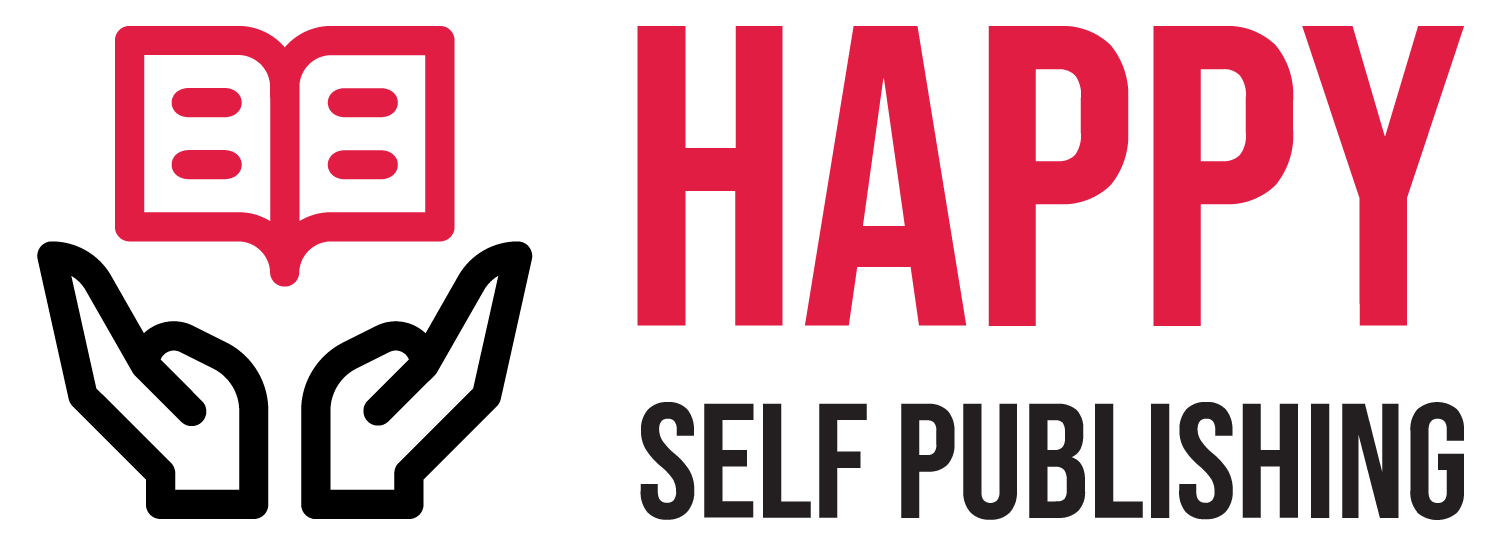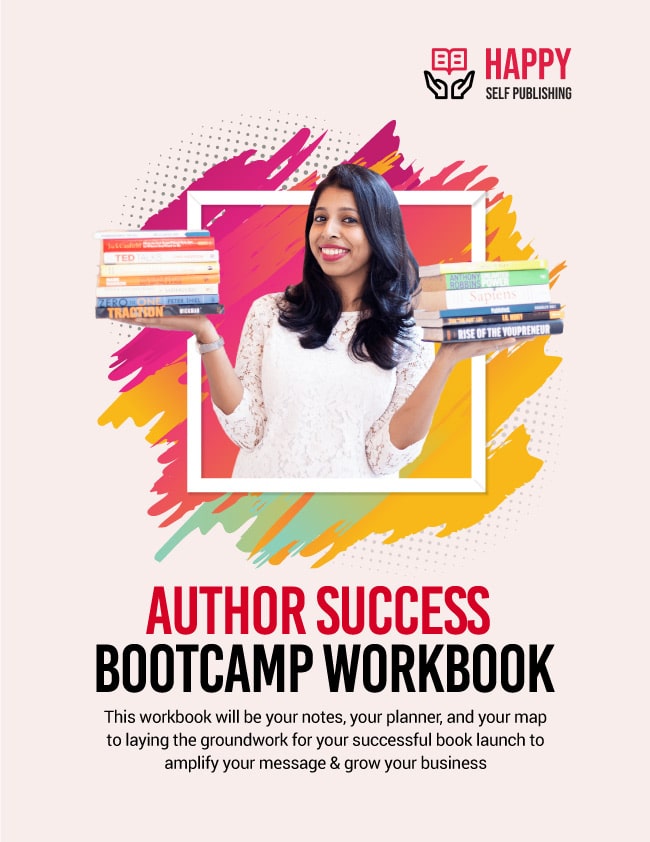Podcasts are more relevant than ever. As an author you likely have a story to tell, expertise to share, and a unique perspective to discuss. You may want to consider creating a podcast as a vehicle for reaching readers and strengthening your platform. Here’s a beginner’s guide on how to start your own author-hosted podcast.
What is a Podcast?
A podcast is an audio file that can be streamed and distributed through the internet. This format can include talk shows, radio shows, interviews, lectures, and more, covering a wide variety of topics. One of the main benefits of podcasts is that they can be accessed on demand, meaning listeners can tune in at their convenience.
The first step in starting a podcast is similar to writing and publishing a book—you have to set goals and understand what it takes to reach them:
Before you begin:
Define your goal: Ask yourself why you want to publish a podcast. Is it to gain listeners? Support your writing career? Impact the lives of others? Or, simply to have fun? Gaining listeners in a competitive marketplace is just as challenging as acquiring readers for your book. Creating your own goals and a definition of success will help you stay committed and feel fulfilled.
Examine your commitment level: Starting a podcast takes a significant effort—and maintaining it takes even more. Consider how much time and money you are willing to devote to your podcast each week and how it will fit into your life over the next six to twelve months. Now, think about your goal for your podcast. Does it match your commitment level? If not, you need to either adjust your goal or commitment.
Plan Your Podcast
If you fail to plan, you plan to fail. Planning is key if one intends to have a successful podcast. Here are a few items to augment before one commences their podcast:
Nomenclature: A good podcast name is mandatory. Just as the title of a book is important, your podcast’s title helps listeners find podcasts of interest. Choose a title that is search-engine friendly. If you choose one that is more clever than straightforward, make sure to include a descriptive tagline.
Cover art: You’ll need an image to represent your podcast. It’s like the cover of your book—it conveys the content and tone of your podcast. Find an expert designer to create your podcast cover art so that it looks clean and professional. Here’s an example:

Format: There are several popular podcast formats, including interview, scripted narrative, live storytelling, advice, and comedy. The format affects the time required to produce the podcast—the more people and editing involved, the more time and equipment resources it takes.
Garner your Podcast Equipment
Creating a podcast requires some special equipment, but you may not need much depending on your podcast format. Here’s how you could set up your podcast studio:
- For a format with only one person speaking, you could simply use a USB microphone plugged into your computer, iPhone, or iPad. Depending on the quality of microphone used, the audio quality may be reduced. However, this is a convenient and cost-effective option.
- For podcasts with two people speaking, use an audio interface that allows you to record two microphones on separate channels. Using only one microphone to record two people can raise issues in post-production, because you lose the ability to edit the audio separately (for example, if one person speaks loudly and the other speaks softly)..
The format of your show dictates the equipment required. But you do have a choice when it comes to quality. Generally, the better the equipment, the better the quality of the podcast. Of course, there is a higher price tag for professional-quality audio, so keep in mind – your budget and goals.
Podcasting Equipment
Here’s some of the equipment used in podcasting that you might need based on your show’s format, your goals, and your budget:
Recording device: The recording device you’ll need depends on your podcast format. You can simply use your computer, iPad, or iPhone if you have a one-person podcast. For two or more hosts or guests, you can use an audio interface or a handheld field recorder is an option for podcasters who don’t want to be tied down to a studio; it allows for in-person interviews in a guest’s home, on the street, or in a cafe.
Microphone: There are many microphone options to consider, from entry level to high end. Dynamic or condenser microphones are ideal for most podcasters. Dynamic mics are great for recording in areas with some background noise, and they are sturdier than condenser mics, which produce super high-quality audio in a quiet studio but are more fragile.
Audio accessories: Depending on the level of professionalism you wish to achieve, you may want additional accessories. You’ll definitely need headphones for each host or guest using a microphone to prevent feedback. And while you are setting up your podcasting sound studio, you may consider lining the walls with sound canceling acoustic paneling.
Podcast editing and recording software: You’ll need software to edit your audio into a finished podcast. And if you’re using your computer as your recording device, you can use this software to record the audio as well.
USP: What is your podcast about? How is it unique? Just like in the book publishing market, there’s a lot of competition among podcasts. You need a unique angle to earn the attention of listeners.
Time-table: Podcasts should be published on a regular schedule to keep listeners interested and coming back for more. Consider publishing weekly or every other week on the same day and time.
Venue: Find a quiet place to record your podcasts. Environment will affect the quality of your podcast and the time needed in editing to remove background sound. To improve the sound quality, you can hang sound absorbing material in the room, such as acoustic panels or fabric.
Publish and Promote Your Podcast
When you are ready to share your podcast with listeners, remember these important steps:
Upload to a host: Once you have your podcast recorded, edited, and ready for listeners, you need to upload it to a host. You can’t simply upload it directly into iTunes. Most podcasters use a podcast hosting company, instead of hosting it from a personal website.
Distribute: Before you launch your podcast, it’s a good idea to have a few episodes completed instead of launching with just one program. This helps to interest listeners and it gives you a little breathing room so you’re not scrambling to publish content. When you’re ready, distribute your podcast to iTunes, Spotify, Google Play Music etc.
Promote: You’ve put so much work into your podcast, it would be a shame not to promote it. Remember to promote your podcast on your website and social media. Repurpose your content for YouTube and your blog. Network with other podcasters. Create a sense of community for your listeners and pay attention to what they want.
Start Your Podcast
Starting a podcast can be a rewarding experience when you plan ahead, gather the right equipment, and distribute and promote your podcast to your niche audience. Follow your passion and share your unique voice with your listeners.







